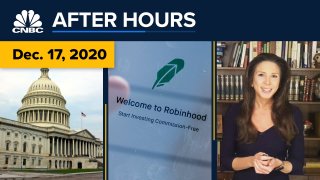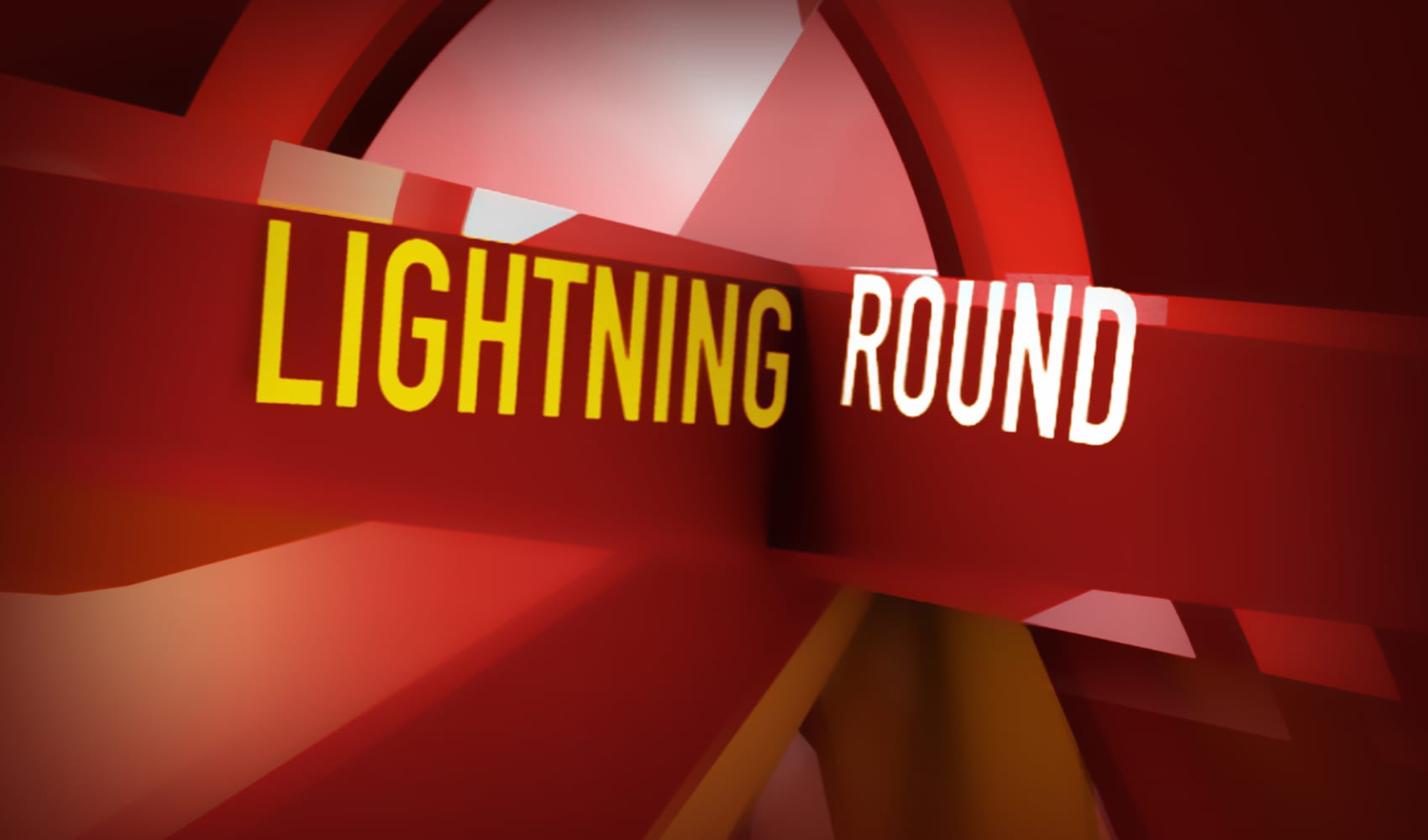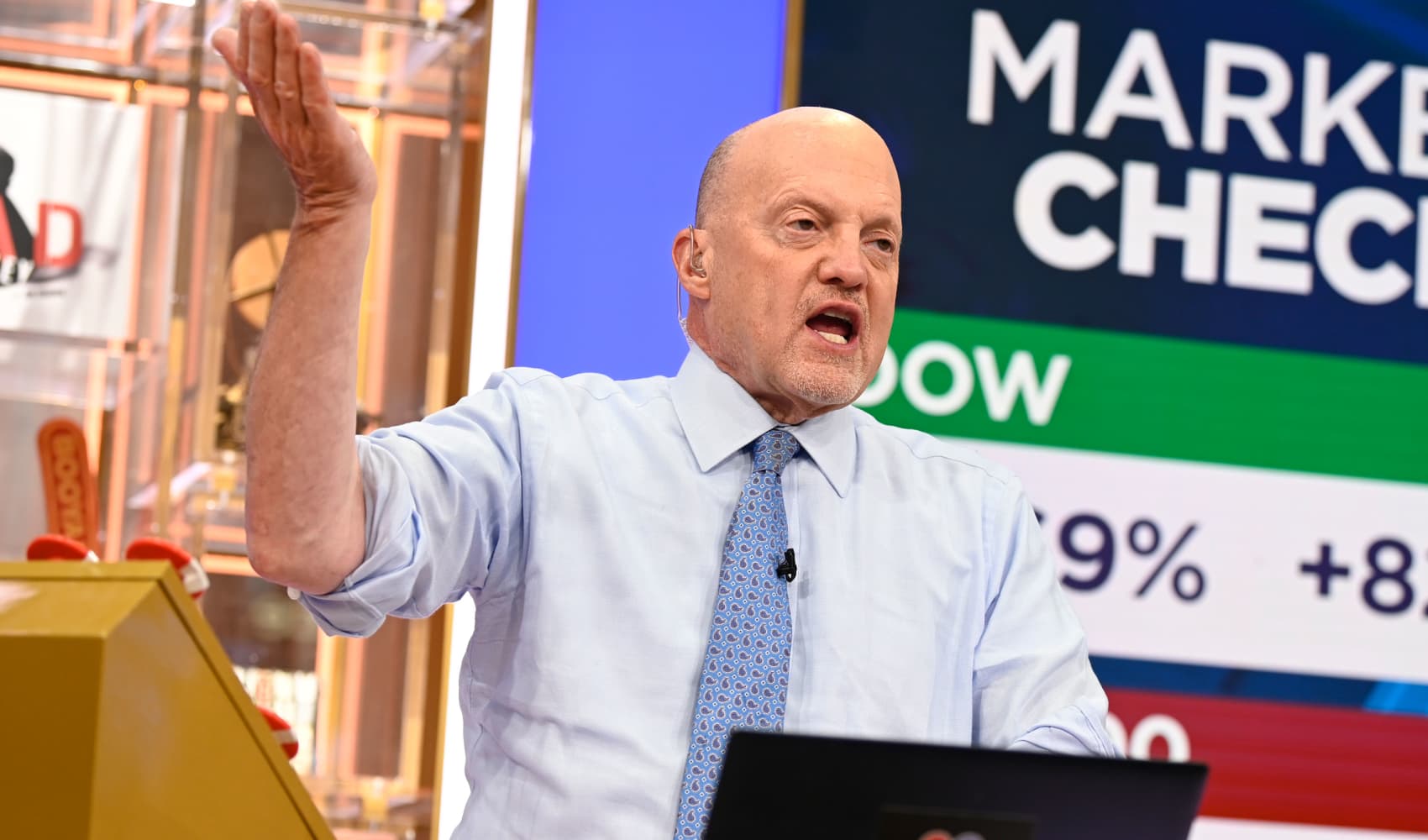
CNBC.com's MacKenzie Sigalos brings you the day's top business news headlines. On today's show, CNBC's Kate Rooney breaks down the SEC charges that caused popular investing app Robinhood to pay a $65 million penalty. Plus, CNBC.com's Jacob Pramuk has the latest details on the scramble in Congress to put together a Covid relief bill, as jobless claims soar to nearly 900,000.
SEC charges Robinhood with misleading customers about how it makes money
The Securities and Exchange Commission on Thursday charged Robinhood with deceiving customers about how the stock trading app makes money and failing to deliver the promised best execution of trades.
Robinhood agreed to pay a $65 million civil penalty, without admitting or denying SEC's findings. A lawyer for the company said the practices "do not reflect Robinhood today."
The Silicon Valley start-up, which has eventual plans to go public, has raised more than $1 billion in funding in 2020, lifting Robinhood's valuation to $11.7 billion.
Congress scrambles to finalize Covid relief, avoid shutdown as deadline draws near
Congress tried to put the finishing touches on a coronavirus relief deal Thursday as Washington drew closer to letting the government shut down and allowing millions to lose unemployment benefits.
Money Report
Leaders on Capitol Hill say they have come close to an agreement on sending $900 billion in aid to Americans. Lawmakers have run short on time to pass a government funding and pandemic rescue package before federal funding lapses at 12:01 a.m. ET on Saturday.
Speaking on the Senate floor Thursday, Senate Majority Leader Mitch McConnell, R-Ky., said a "bipartisan, bicameral agreement appears to be close at hand." He noted it was "highly likely" Congress would work through the weekend, and said lawmakers may have to pass a short-term funding measure to buy enough time to approve legislation.
FDA panel endorses second Covid vaccine in U.S. as Moderna wins key vote in path to emergency use
An influential Food and Drug Administration advisory panel on Thursday overwhelmingly backed Moderna's coronavirus vaccine, a key step paving the way to distribute the second Covid-19 vaccine in the United States next week.
The nonbinding decision, which was adopted 20 to 0 with one abstention, from the FDA's Vaccines and Related Biological Products Advisory Committee came exactly a week after the outside group of vaccine and infectious disease experts voted to recommend Pfizer and BioNTech's vaccine for an emergency use authorization, or EUA. The agency granted Pfizer's EUA the next day and the first inoculations in the U.S. were given Monday.
The FDA advisory committee plays a key role in approving flu and other vaccines in the U.S., verifying the shots are safe for public use. While the FDA doesn't have to follow the advisory committee's recommendation, it often does. The U.S. plans to ship just under 6 million doses next week, pending the agency's OK, Gen. Gustave Perna, who oversees logistics for the Operation Warp Speed vaccine project, told reporters Monday.






